The greatest evil perpetrated is the evil committed by nobodies, that is, by human beings who refuse to be persons
To Be QuotesHuman Being QuotesThe Great QuotesHuman Beings QuotesUse To Be QuotesHannah Arendt Quotes
The greatest evil perpetrated is the evil committed by nobodies, that is, by human beings who refuse to be persons
Hannah Arendt, a prominent political theorist and philosopher, explored the concept of evil in her work, particularly in her analysis of the Holocaust and the trial of Adolf Eichmann. In her book "Eichmann in Jerusalem: A Report on the Banality of Evil," Arendt famously coined the phrase "the banality of evil" to describe how ordinary people can commit horrific acts of violence and cruelty.One of Arendt's key insights is that the greatest evil is not necessarily perpetrated by powerful or influential individuals, but by "nobodies" – ordinary people who refuse to think for themselves and instead blindly follow orders or conform to societal norms. These individuals, in Arendt's view, relinquish their capacity for independent thought and moral judgment, becoming mere cogs in a larger machine of oppression and violence.
Arendt's analysis of Eichmann, a high-ranking Nazi official responsible for organizing the deportation and extermination of millions of Jews during the Holocaust, is particularly illuminating in this regard. Eichmann was not a sadistic monster or a fanatical ideologue; rather, he was a bureaucratic functionary who saw himself as a mere "cog in the wheel" of the Nazi regime. Eichmann's willingness to carry out orders without question or reflection, his inability to empathize with the suffering of his victims, and his refusal to take responsibility for his actions all exemplify the "banality of evil" that Arendt describes.
By highlighting the role of individual agency and moral responsibility in the perpetration of evil, Arendt challenges us to confront the uncomfortable truth that ordinary people are capable of committing extraordinary acts of cruelty and injustice. She reminds us that evil is not some abstract force or external threat, but a very real and tangible phenomenon that arises from the choices and actions of individuals who refuse to think critically and act ethically.
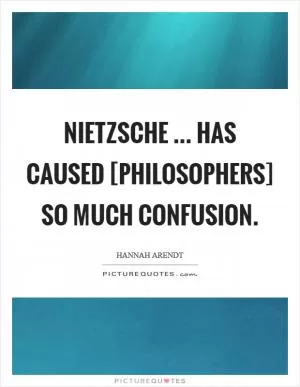

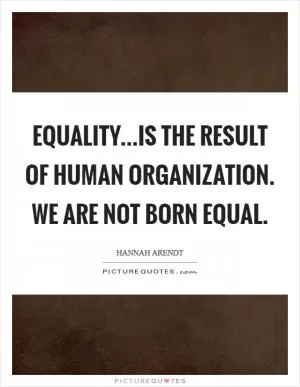




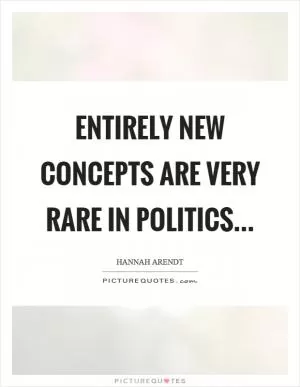

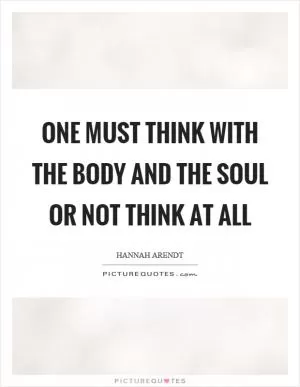

 Friendship Quotes
Friendship Quotes Love Quotes
Love Quotes Life Quotes
Life Quotes Funny Quotes
Funny Quotes Motivational Quotes
Motivational Quotes Inspirational Quotes
Inspirational Quotes